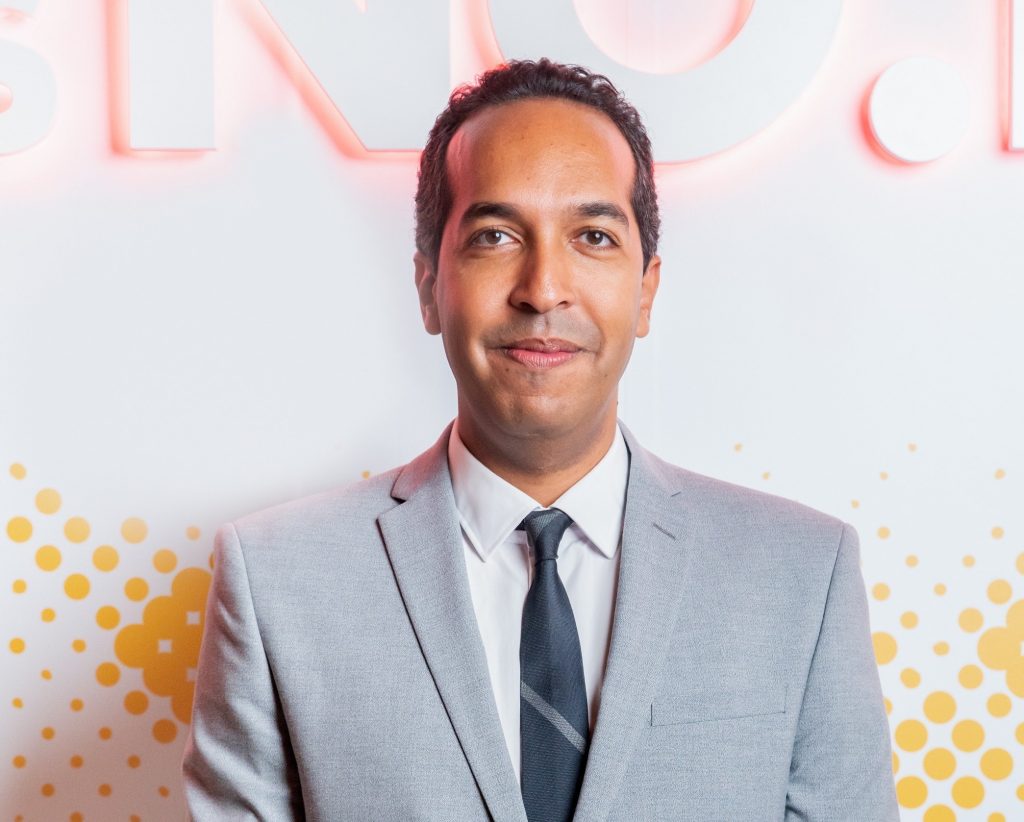Social distancing regulations and travel restrictions due to the pandemic have created the need for contactless technologies in maintenance, repair and operations. As remote working becomes widely adopted, so has remote condition monitoring, diagnostics and troubleshooting of equipment.
Contractors and fleet managers, especially the in construction and oil and gas industries, are promoting technologies and processes for remote inspection and maintenance of machines as long as they ensure worker safety and business continuity. By removing the complications of scheduling physical site visits, they have been able to improve operational efficiencies, for example, in machinery lubrication.
In response to this demand, Shell Lubricants Middle East (Shell) launched a suite of services last year for customers in the GCC; the Shell Lube Advisor service is integrated with wearable technology to enable remote inspection and maintenance.
The Shell Lube Advisor service itself has been available for years. The legacy system required the physical presence of a lubrication expert from Shell at the customer site. The expert would initially conduct a site assessment and face-to-face meetings with operations and maintenance staff to evaluate the performance and reliability of the machinery and identify weak points in the lubrication methodology. Subsequently, the expert would create a plan to help extend component life, increase reliability, and reduce maintenance costs though the right selection and application of lubricants.
The abovementioned process can now be replicated virtually by using a wearable device – a smart glass or headset integrated with cameras, microphone, speakers and display – which the user can wear to connect with a Shell expert and get audio-visual assistance to perform maintenance services. The wearable device is compatible with both Wi-Fi and mobile data.

Haytham Yehia, general manager, Shell Lubricants Middle East, explains: “The Lube Advisor integrated with wearable technology is the result of an accelerated product development by Shell to help customers overcome the limitations on face-to-face interactions in industrial environments and jobsites. The use of wearables gives us a new opportunity to support our customers, remotely and in real time. By offering personalized, online consultation delivered via a wearable device, we eliminate the need for physical site visits by Shell experts. Lube Advisor, currently, encompasses all value-added services related to lubrication provided by Shell, and we’ve found this to be a reliable and efficient way to work with customers.”
The technology also enables real-time monitoring of field technicians to ensure their health and safety.
“As one of the first adopters of wearable technology, Shell is focused on enabling workers in vital sectors such as oil and gas, construction, transport and manufacturing to raise notifications, engage with offsite experts for over the shoulder coaching and communicate the status of equipment and tools. The helps improve safety, efficiency and result in faster, better decision making, all in real time,” says Haytham.
Shell’s wearable technology is expected to find widespread adoption in the oil and gas industry where remote inspection and maintenance technologies have become an integral part of operations. The wearable device is designed to withstand shock and temperature variations and resist oil, chemical spills, heavy rain, and dust among other things, and it is ATEX certified for use in hazardous or explosive environments.
“We see demand from the construction industry in Qatar and Kuwait, especially fleet operators catering to multiple sites. The online consultation process is convenient for them because they can connect with our experts easily as they move equipment from one site to another. In Oman and the UAE, we see a lot of interest from oil and gas contractors,” says Haytham.
Customers can request for the Lube Advisor service by contacting their local Shell technical support team, following which they receive the headset via courier. Subsequently, the customer books a virtual meeting with a Shell expert and receives a consultation within 24 hours.
“The hardware, essentially, is a means to deliver our service conveniently. However, we have a sole authorized vendor for the headset because it needs to meet our strict specifications for use in high-risk environments. Customers who wish to use their own headsets are required to procure it from our authorized vendor.
“We have two business models for this service. The first model is designed for individual customers that procure the headset from us, use the Lube Advisor service wearing the headset, and return the headset to us. The second model is for key accounts in certain industries such as mining where we face communication challenges. In such locations, users could have their own devices and we provide only the service. The pricing structure is different for each model: a pay-per-consultation model for individual customers and all-inclusive pricing model for key accounts,” says Haytham.
Shell experts offer different levels of support based on business sizes and applications. In addition to technical support and troubleshooting, the Lube Advisor services include lubricant storage, handling and disposal audits.
“The technical support team for GCC markets is based in the UAE, and these experts are capable of handling any request. That said, we offer three different levels of technical support, and depending on the complexity of the issue, we have a tiered escalation process that gives customers access to our local partners and distributors in each market as well as our regional and global technical support experts,” says Haytham.
Currently, the Shell Lube Advisor using wearable technology is available in the UAE, Qatar, Kuwait, Oman and Bahrain. The next phase of its launch will include Jordan and Iraq.

